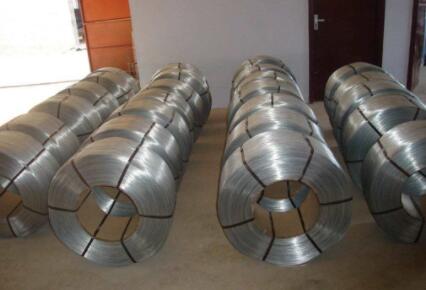The Essential Guide to Concrete Block Nails
When it comes to construction and home improvement projects, choosing the right materials is crucial for ensuring structural integrity and longevity. Amongst the myriad of fasteners available, concrete block nails stand out as essential tools for working with masonry and concrete block walls. This article explores the features, applications, installation methods, and advantages of using concrete block nails.
Understanding Concrete Block Nails
Concrete block nails are specially designed fasteners that are used to attach items to concrete or masonry surfaces. They are engineered to penetrate dense materials such as concrete blocks, brick, and heavy masonry substrates. Typically made from hardened steel, these nails possess exceptional strength and durability, allowing them to withstand large amounts of tensile and shear forces.
The design of concrete block nails is unique, often characterized by a wider head and a nail shaft with sharp, pointed tips. The sharp tips facilitate easy penetration into hard surfaces, while the barbed or textured shaft helps grip the material effectively, reducing the likelihood of pull-through.
Applications of Concrete Block Nails
Concrete block nails are used in various applications, including
1. Fencing and Exterior Structures They are ideal for securing wooden fences and supports to concrete or masonry posts.
2. Drywall Installation In cases where drywall needs to be fastened to concrete walls, concrete block nails provide a secure and reliable hold.
3. Hardware and Fixtures These nails are often used to attach brackets, hooks, and shelving to walls made of concrete blocks.
5. Sign and Decor Mounting When it comes to mounting signs, artwork, or decorative elements on concrete walls, concrete block nails offer a dependable fastening solution.
Installation Methods
concrete block nails

Installing concrete block nails requires a few basic tools and methods to ensure optimal results. Below are key steps to follow
1. Choose the Right Size Select a nail that fits the thickness and type of material being attached. Standard lengths are available, ranging from 1.5 to 4 inches; ensuring you have the right length prevents damage to the concrete block.
2. Pre-Drilling (if necessary) For particularly tough materials or when working on a wall that might crack, pre-drilling a pilot hole may be advisable. Using a masonry bit, drill through the concrete block to create a guide for the nail.
3. Nailing Technique Position the nail at a 90-degree angle to the surface. Using a hammer or a pneumatic nail gun, apply firm and steady pressure to drive the nail into the wall. If you previously drilled a pilot hole, the nail should go in smoothly.
4. Depth and Seating Ensure the nail is seated firmly against the material being attached. Over-driving the nail can weaken its hold, while under-driving may result in instability.
Advantages of Concrete Block Nails
1. Strength The hardened steel composition ensures that these nails can bear significant loads, making them suitable for heavy-duty applications.
2. Ease of Use Concrete block nails can be installed without specialized tools (though a hammer or nail gun is recommended), making them accessible for both professionals and DIY enthusiasts.
3. Cost-Effectiveness Compared to other fastening systems, concrete block nails are relatively inexpensive, allowing for budget-friendly construction and repairs.
4. Versatility They can be used in numerous applications across various projects, providing flexibility throughout construction tasks.
5. Corrosion Resistance Many concrete block nails are treated or coated to resist rust and corrosion, extending their lifespan even in damp or harsh conditions.
Conclusion
In summary, concrete block nails are indispensable when it comes to construction and maintenance work on concrete and masonry structures. Understanding their features, applications, and installation methods will ensure you choose the right fasteners for your projects. As with any tool or material, using concrete block nails correctly will contribute to the durability and stability of your constructions. Whether you’re a professional contractor or a DIY enthusiast, incorporating concrete block nails into your toolkit is a decision that can enhance the quality and longevity of your work.

















